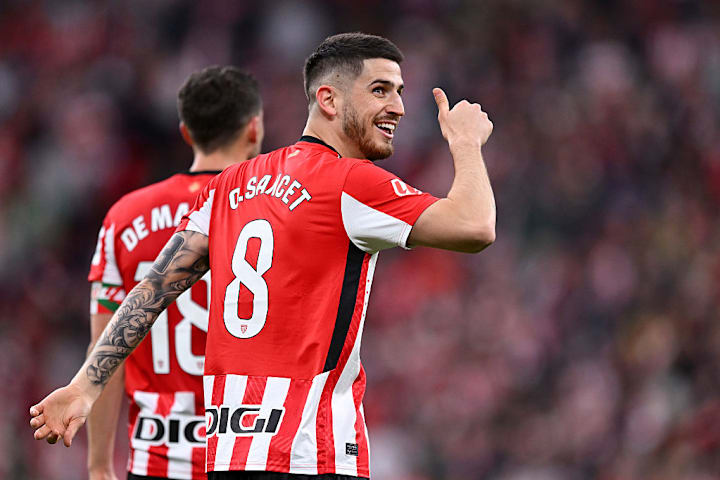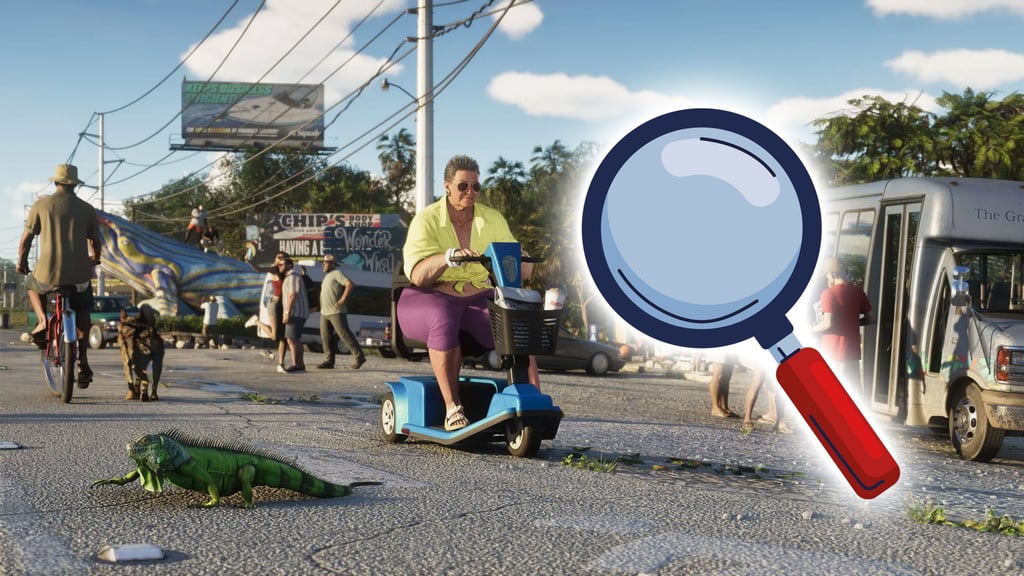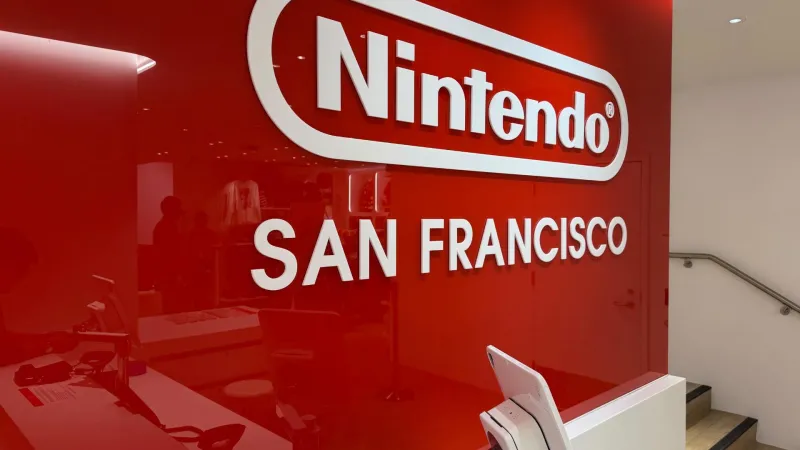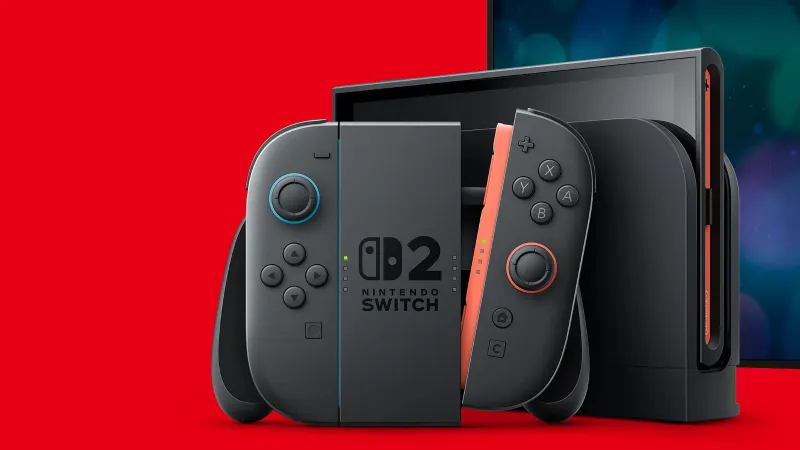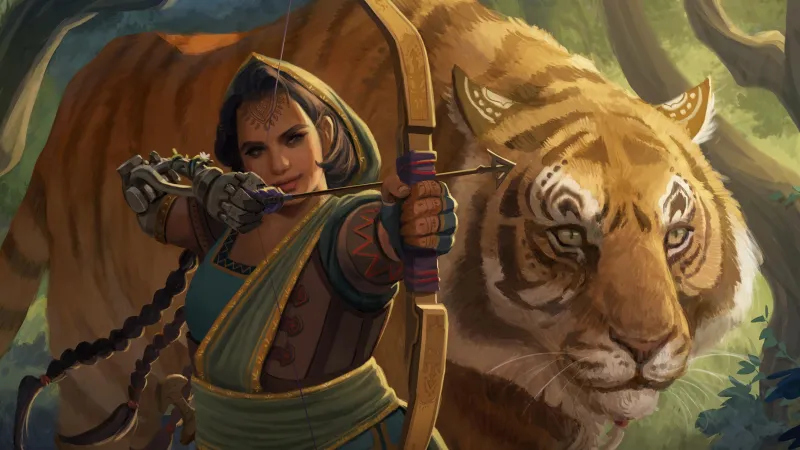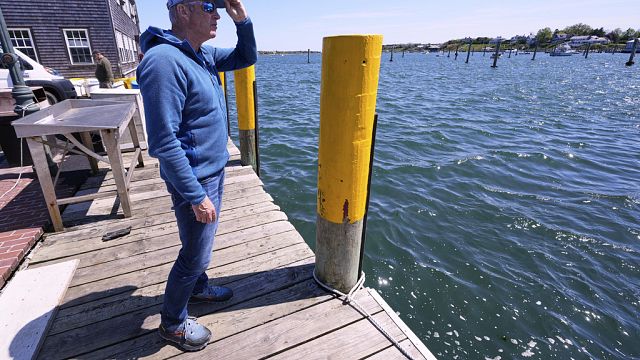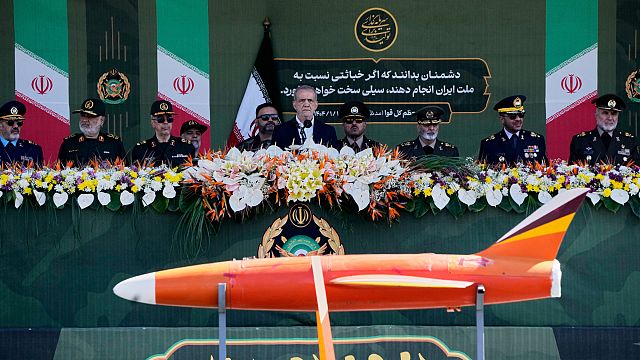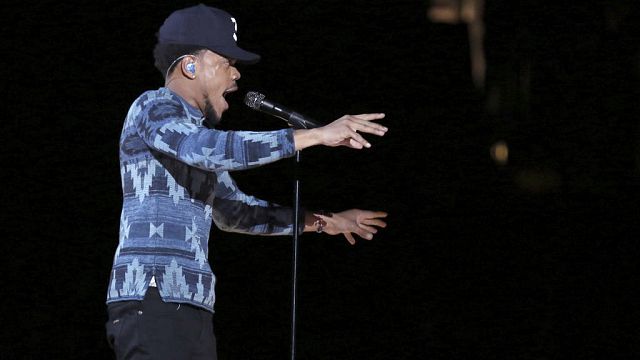Peace in South Sudan, a Nation U.S. Helped Build, Is Unraveling


Riek Machar, the vice president of South Sudan, has been detained at his residence in an upscale neighborhood of the capital, Juba, since March. Armored personnel carriers block the gate of the sprawling compound and security officers wielding AK-47s patrol the perimeter.
Inside, Mr. Machar lives in isolation, his phones and laptop seized. His wife, a government minister, is staying separately in the compound. While she is allowed to cook for him, she is not allowed to deliver the meals herself.
South Sudan is the world’s youngest nation. Its population of 11 million people gained independence in 2011 with the help of the United States. Two years later, the country was in a bloody civil war fueled by ethnic violence, with Mr. Machar on one side and Salva Kiir, the president of South Sudan, on the other.
The two leaders agreed to form a unity government in 2020 that was meant to pave the way for future elections. Instead, South Sudan’s tenuous peace is on the verge of collapse, with Mr. Machar accused of inciting an antigovernment rebellion led by a militia known as the White Army. The group was linked to the downing of a United Nations helicopter in March.
With no succession plan in place and violence surging, fears are spreading that oil-rich South Sudan will once again explode into war, setting off a mass exodus of refugees that would spill into neighboring nations like Ethiopia and Sudan, both burdened by war and famine. The turmoil has already drawn in Uganda, which deployed troops in March to back Mr. Kiir’s government.
“South Sudan is at a critical and terrible juncture,” Puok Both Baluang, Mr. Machar’s acting press secretary, said in an interview. The vice president’s arrest, he said, “is a violation of the Constitution, his right to movement and his rights as a constitutional office holder with immunity.”
The rivalry between Mr. Kiir and Mr. Machar has shaped South Sudan’s short independence, with both men accused of profiteering and their forces accused of war crimes. Mr. Kiir’s government has rejected mediation and blocked envoys from meeting with Mr. Machar. Many of Mr. Machar’s top associates have been arrested or disappeared, are in hiding or have fled the country, party officials said.
Mr. Machar’s confinement is deepening mistrust within the government as Mr. Kiir seeks to consolidate power amid growing pressure for a succession, analysts say. Mr. Kiir is limited in his ability to appease rivals with payouts as his country grapples with a massive economic downturn stemming from the shutdown of its main oil pipeline, which runs north through war-torn Sudan.
“The knives are out,” said Alan Boswell, the Horn of Africa project director at the International Crisis Group, a nonprofit.
Opposition party leaders say Mr. Machar’s detention is a calculated move by Mr. Kiir to neutralize critics. Even before he was placed under house arrest, Mr. Machar was prevented from leaving Juba, meeting with his supporters or attending family funerals, according to interviews with ambassadors and senior party officials.
The authorities have also accused him of collaborating with the White Army, whose members, like Mr. Machar, are mostly from the Nuer ethnic group. Mr. Machar’s party denies that he has links with the White Army. Regional observers say that he may have had some influence over the militia during the civil war, but that it has been sharply reduced in recent years.
“In many respects, the White Army is openly dismissive of the opposition movement led by Machar,” said Mr. Boswell.
A government spokesman did not respond to requests for comment.
Mr. Kiir, 72, has worked to centralize power by marginalizing rivals and priming a handpicked successor. The president’s health has been the subject of speculation for years; in 2023, six journalists were arrested after they were accused of sharing a video that appeared to show the president wetting himself.
In February, he appointed Benjamin Bol Mel as one of the country’s five vice presidents. (Mr. Machar, 72, is the first vice president.) A businessman and a close adviser to the president, Mr. Bol Mel has been sanctioned by the United States over his links to companies involved in money laundering.
As succession talk intensifies, Mr. Machar’s detention and rising violence have added to the sense of unease. Cholera and other diseases are surging and civilians have been targeted in recent airstrikes.
In mid-April, the authorities recaptured Nasir, a town in the Upper Nile State that had been overrun by the White Army. Despite its retreat, the militia has continued to mobilize, security analysts say, raising fears of more violence and civilian deaths.
“So many people are exposed and we have very minimal access to them,” said Mohammed Ibrahim Abuanja, the South Sudan head for Doctors Without Borders. “This is truly an unacceptable reality.”
What's Your Reaction?
 Like
0
Like
0
 Dislike
0
Dislike
0
 Love
0
Love
0
 Funny
0
Funny
0
 Angry
0
Angry
0
 Sad
0
Sad
0
 Wow
0
Wow
0




